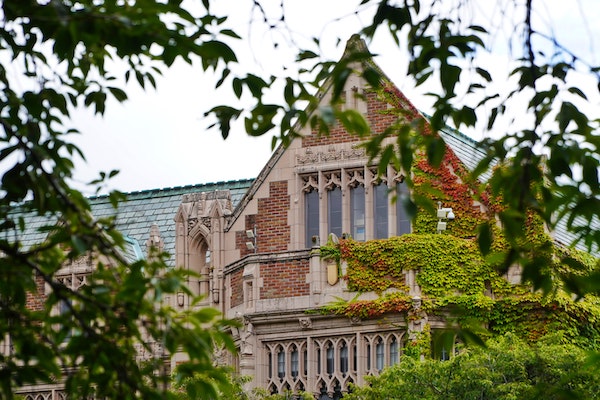Abstract: Courts historically side with private interests at the expense of Indigenous religious rights. Continuing this trend, the Hawai‘i State Supreme Court allowed the Thirty- Meter-Telescope to be built atop Maunakea, a mountain sacred to Native Hawaiians. This decision led to a mass protest that was organized by Native Hawaiian rights advocates and community members. However, notwithstanding the mountain’s religious and cultural significance, Indigenous plaintiffs could not prevent construction of the telescope on Maunakea.
Unlike most First Amendment rights, religious Free Exercise Clause claims are not generally subject to strict constitutional scrutiny. Congress has mandated the application of strict scrutiny to federal government action that imposes a substantial burden on religious activity through the Religious Freedom Restoration Act (RFRA). However, because most courts narrowly interpret “substantial burden,” it has become nearly impossible for Indigenous plaintiffs to succeed on claims involving violations of religious freedom. Moreover, RFRA does not apply to state governments, and most states—including Hawai‘i—have not enacted similar protections for religious rights.
This Comment suggests that the Hawai‘i State Legislature should enact a state version of RFRA that would apply strict scrutiny to government actions that impose a substantial burden on religious rights. Further, this Comment urges Congress and state legislatures to enact a more expansive definition of “substantial burden” that respects the First Amendment rights of Indigenous people to practice their beliefs.
Abstract: Rain is a major source of water. It provides for our greatest needs, such as feeding our gardens, crops, rivers, and lakes. As global climate change continues to unfold,…
Read More
Abstract: Housing and health care are deeply interconnected, and their systemic relationship profoundly affects individual and societal well-being. Inadequate funding has undermined the American mental health system for decades, leading…
Read More



